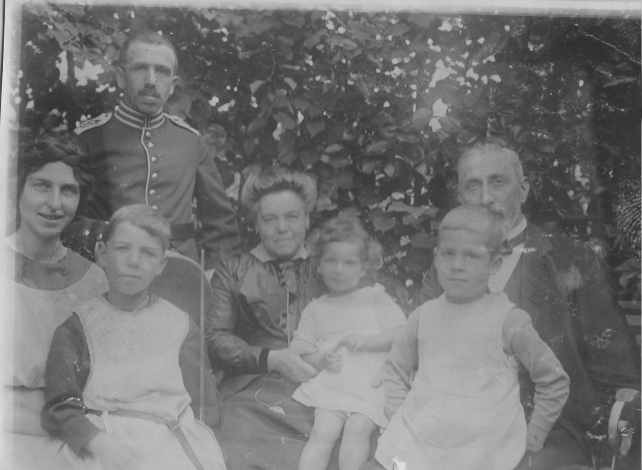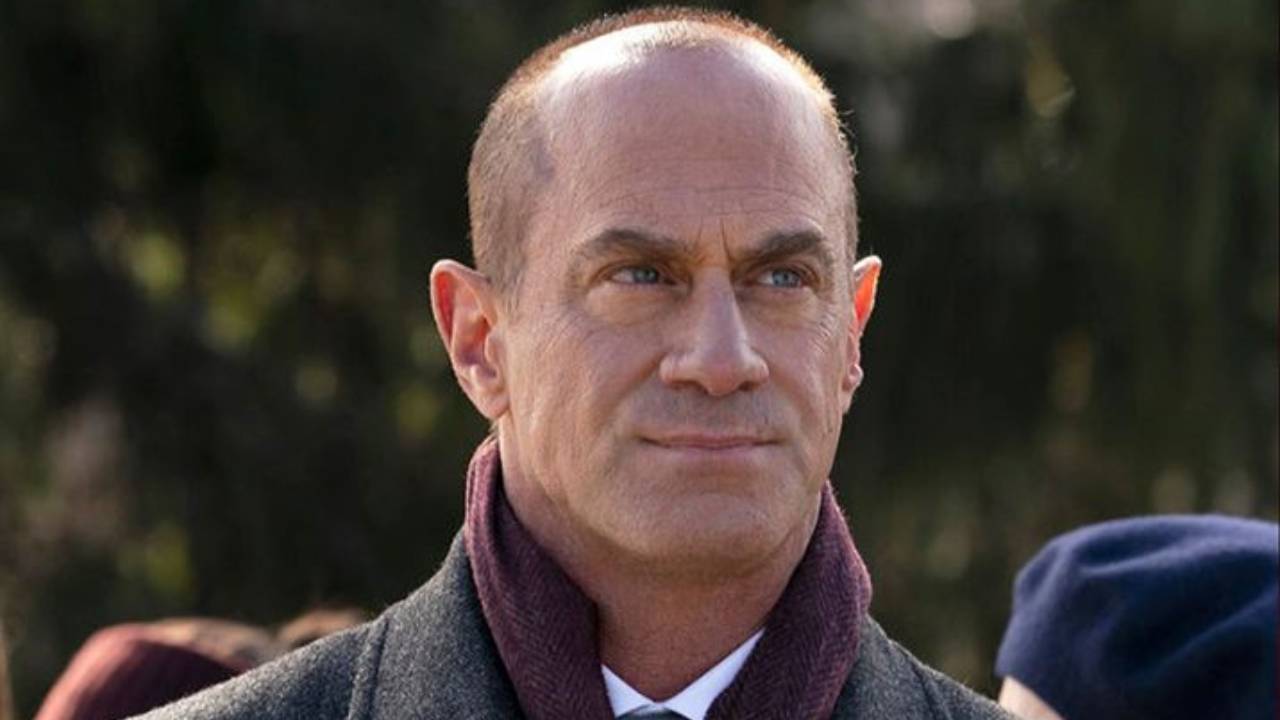The Jewish Spiegel family lived in Westphalia for a long time. Today it is scattered all over the world.
The end came on March 12, 1933. That night, around 1:45 am, the 57-year-old lawyer Wilhelm Spiegel was shot in the back of the head in his villa in Kiel. It was a political murder, an execution. The perpetrators, two SA men, escaped unrecognized. They were never held responsible for what they did. Spiegel was a Jew and he was a passionate democrat who defended the republic of Weimar against its despisers to the bitter end. A year earlier he had daringly applied for Hitler to appear before the district court in Kiel on the grounds that it was preparing a civil war. The National Socialists did not forget that.
Roots in Gelsenkirchen
Spiegel was born in Gelsenkirchen in 1876 as the oldest of four siblings. His parents, Theodor and Rosa, ran a thriving textile business here. The family had lived in Westphalia for centuries. The first known ancestor by name was probably David Feidel in Hovestadt, who lived there around 1750. This Feidel (or possibly his father, unknown by name?) Was evidently the advisor and financier of the Count von Plettenberg, who needed considerable capital for the expansion of his recently acquired moated castle and the creation of an extensive French garden. In return, the noble lord granted the Jew, who built a large house in the immediate vicinity of the palace in 1774, protection and various privileges. In this way, both were linked to one another in a reciprocal relationship of dependency.
When Napoleon integrated Westphalia into his sphere of influence at the beginning of the 19th century and brought civil equality to the Jews, he also ordered the adoption of permanent family names. The family council decided on the name Spiegel. Whether this name derives from the Frankfurt ghetto, where there is supposed to have been a “Zum Spiegel” in addition to the Rothschilds’ house, cannot be proven, nor can the assumption that the family belonged to those Jews who died in the wake of the great medieval pogroms were expelled from the urban centers on the Rhine and Main into rural Westphalia. The Christian fury had made them pariahs who had to get by on the fringes of society in minor professions, as they were forbidden from access to professional activities.

–
–
Now test read!
A place of longing, an economic factor and a recreational area: Come with us to the wonderland of the forest.
Now in the current WESTFALENSPIEGEL
–
–
–
–
–
From generation to generation the family increased their wealth, but they also got involved in social and community affairs. Meyer Spiegel, born in 1805, took on the most responsible job of the mohel in a large district around Hovestadt: He was responsible for the circumcision of newly born sons on the eighth day after their birth, as required by religious tradition. In addition to a steady hand and basic medical knowledge, the exercise of this activity presupposed an exemplary lifestyle established in faith.
Meyer, who died with his son Theodor in Gelsenkirchen in 1875, documented all 194 circumcisions that he performed between 1835 and 1865 in a special book. After a long odyssey, this rare document is now in the Jewish Museum Westphalia in Dorsten.
“German citizens of the Jewish faith”
Meyer’s grandson Wilhelm, who was so cruelly torn from his life, had two brothers, Otto and Ernst, and a sister, Meta, who later married a Dutch doctor. The couple were murdered by the National Socialists in Auschwitz in October 1944. Otto had followed his brother to Kiel and made a name for himself there as a pediatrician, while Ernst became a lawyer in a Cologne paper mill. The fact that the three sons of Theodor and Rosa Spiegel all successfully took up academic careers is certainly an example of the desire for advancement of this Jewish generation in the German Empire.
Yes, they had gained recognition through their performance and commitment. They proudly saw themselves as “German citizens of the Jewish faith”. But their successes also provoked envy, resentment and, worse, blind hatred. Anti-Semitism in its various forms accompanied the life of the Jews like an evil shadow up to the Holocaust.

Family reunion of Spiegels 2018 in Scheveningen near The Hague. Photo: Annet van der Voort
–
Persecution has scattered survivors across the world. When the Spiegel family meets at irregular intervals – as in 2018 on the North Sea beach near The Hague – they come from Israel, the USA, South Africa, Canada, Australia and Great Britain. Images and memories are called up and bring a story to life that goes back a long way to the old Westphalia.
Volker Jakob
This article was published in WESTFALENSPIEGEL 04/2021.
–


